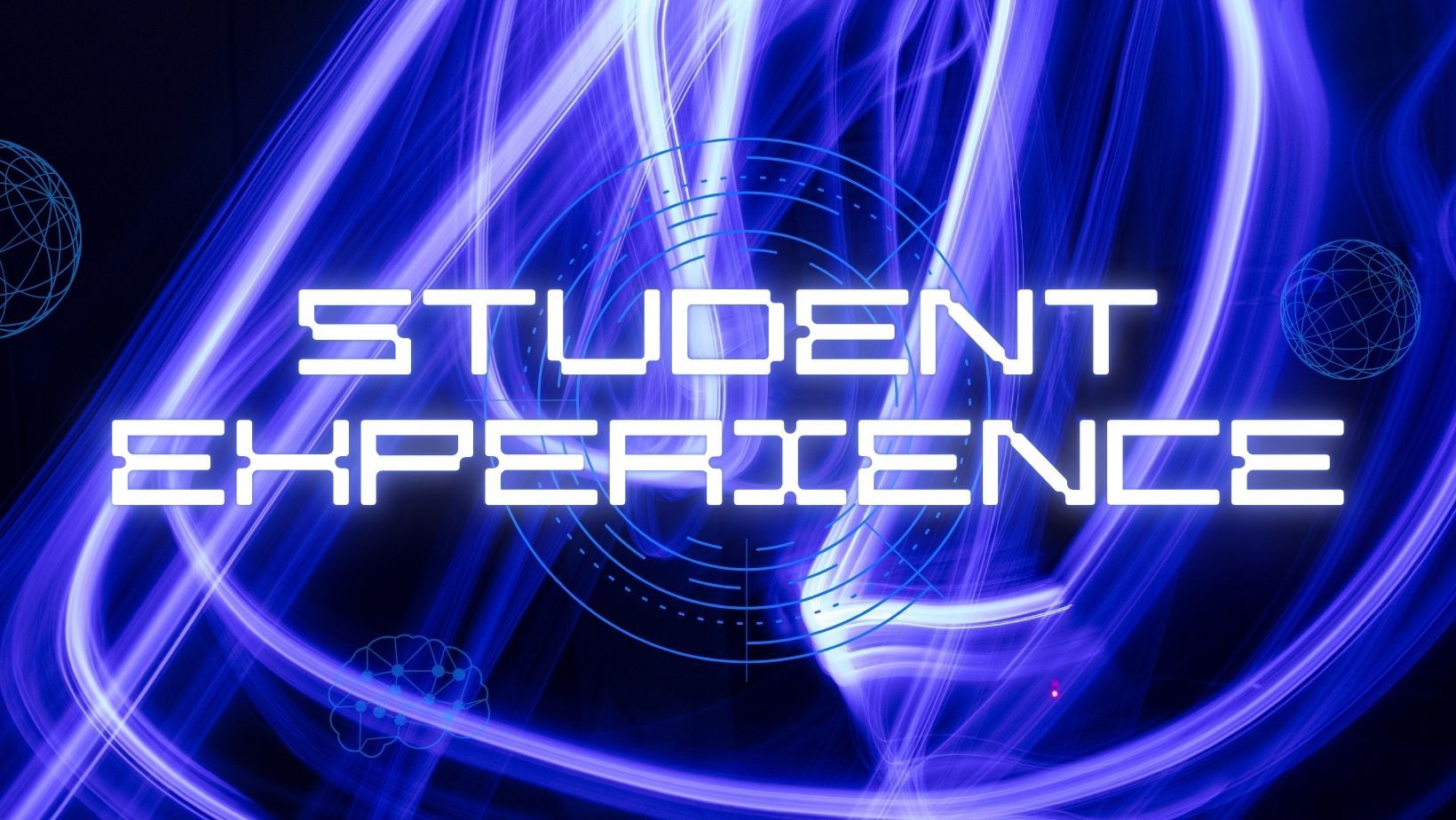In today’s tech-driven job market, having only academic credentials is no longer enough. Employers increasingly look for real-world skills, problem-solving abilities, and collaborative experiences. That’s where a technical portfolio for…

What is Python? A Beginner-Friendly Guide to Uses, Benefits, and Career Opportunities
Python is a popular object-oriented programming language widely used across industries due to its extensive library support and versatility. It is a free and open-source language backed by a massive global community. Python is an interpreted language, which means code does not need to be compiled and is executed line by line. Its simple, easy-to-read syntax resembles English, making it beginner-friendly and understandable even to non-programmers.
One Skill, Endless Opportunities
Python is not limited to computer science students. Whether it’s building a robot, analyzing stock market data, designing websites, or solving real-world business problems, Python is everywhere. In fact, it is one of the most popular programming languages for beginners due to its ease of learning and adaptability across different domains. Here are some sectors where Python is extensively used:
- IT & Software: Web development, mobile app development
- Artificial Intelligence & Data Science: Machine learning, deep learning, natural language processing, data visualization, and analytics
- Mechanical & Civil Engineering: Simulation and modeling, CAD automation, structural analysis, and design tools
- Electrical & Electronics: Embedded systems, IoT projects (Raspberry Pi, Arduino), smart devices, and robotics
- Finance & Business: Stock market prediction, report automation, risk analysis, and fraud detection
- Healthcare & Biology: Disease prediction, medical image analysis (X-rays, MRI scans)
- Education & Research: Data handling in projects, automating assessments, and grading systems
- Media & Entertainment: Recommendation systems (Netflix, Spotify, YouTube), game development (Pygame), content personalization
With Python, students and professionals from all fields can explore opportunities that go far beyond traditional programming roles.
High Demand in the Job Market
Python consistently ranks as one of the top programming languages trusted by leading companies like Google, Netflix, and Instagram. Freshers with Python knowledge stand out in a competitive job market because employers value its relevance in diverse roles such as web development, data science, automation, and AI.
Learning Python not only strengthens your resume but also boosts your employability, making you a preferred candidate for multiple career paths.
Strong Ecosystem and Libraries
Python’s strength lies in its rich ecosystem of libraries that reduce development time and effort by offering pre-built solutions. Some of the most popular Python libraries and their uses include:
- NumPy & Pandas: Data analysis and manipulation
- Matplotlib & Seaborn: Data visualization
- TensorFlow & PyTorch: Machine learning and deep learning
- Django & Flask: Quick web application development
- OpenCV: Image and video processing (computer vision)
- Pygame: Game development
These libraries empower students, researchers, and professionals to build advanced solutions with ease and efficiency.
Boosts Problem-Solving and Logical Thinking
Learning Python is not just about writing code—it’s about developing logical and analytical thinking. Practicing Python enhances problem-solving abilities by teaching students to break down complex problems and structure efficient solutions.
This logical approach benefits students preparing for aptitude tests, coding challenges, and placement interviews. Python also encourages creativity by helping developers explore multiple approaches to solving the same problem.
For students and freshers, learning Python is not just about adding a skill to your resume; it’s about gaining a future-proof tool that enhances problem-solving, boosts creativity, and opens the door to career-defining opportunities.
Latest Posts
Top Coding Skills for 2026: Python, SQL, JavaScript and DSA
In today’s fast-changing tech world, just learning one programming language is no longer enough. Companies now expect students to go beyond coding; they want problem solvers who can build real-world…
Lessons from My Full Stack Development Internship Journey
For most computer science and application students, the journey into coding begins with the friendly basics of HTML and CSS. We master layout, styling, and structure, and building a static…
From Hackathons to Horizons: My NASA Space Apps Journey
As a Data Science undergraduate, I’ve always been fascinated by the intersection of technology, environment, and storytelling. Among all my college experiences, participating in the NASA Space Apps Hackathon stands…
Top Government Exams You Can Prepare for After Graduation
Many Indian students face a crucial decision after graduation—whether to pursue higher studies, enter the private sector, or prepare for government exams. Government jobs in India are highly respected due…
Popular Posts
100+ Quantitative Aptitude Questions for Placement with Answers
Quantitative aptitude questions play a crucial role in campus placements, competitive exams, and entry-level job interviews. Whether you are preparing for your first job interview, an aptitude test for placement,…
How to Start an AI Career in India: Skills and Future of Work
Artificial Intelligence (AI) is revolutionizing industries worldwide. From automating routine tasks to enabling self-driving cars and intelligent healthcare diagnostics, AI is reshaping the future of work. For college students and…
How to Write Mail for Job Application – Explained
A job application email is a professional email that you send to a potential employer to express your interest in a job opening. It is typically accompanied by your resume…
Google Internship 2026 for Freshers: All You Need to Know
In the competitive landscape of technology careers, a Google internship stands out as a golden opportunity for aspiring professionals. Whether a college student or a recent graduate, securing an internship…
How to Write a Job Application Letter (With Samples)
When it comes to applying for your first job, making a great first impression is crucial. As a recent graduate, you might feel a little intimidated by the idea of…
